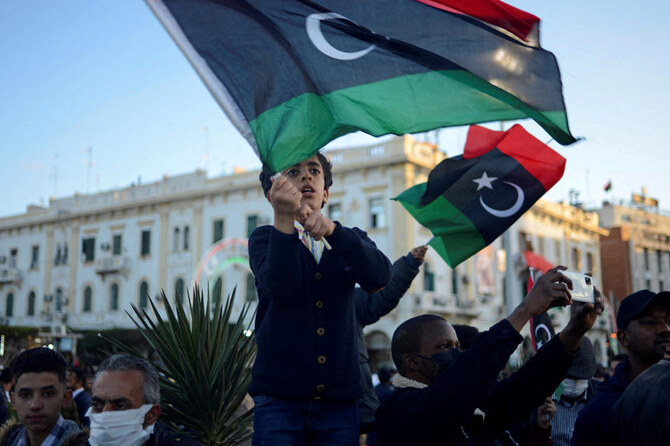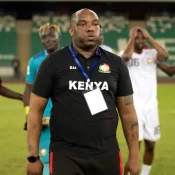
Libyan opponents begin negotiations in Morocco to end the political impasse
Negotiations between representatives of competing Libyan institutions started in Morocco on Wednesday in an effort to end a political impasse and keep the nation from devolving into anarchy.
After Muammar Gaddafi was overthrown in 2011 by an uprising supported by NATO, Libya split in 2014 between two administrations in its east and west, marking a chaotic decade.
The House of Representatives, situated in Benghazi in the east, and the High Council of State, based in Tripoli in the west, were the opposing legislative bodies that held the negotiations in Bouznika, close to Rabat, the capital of Morocco.
Speaking at the start of the inter-institutional meetings, Moroccan Foreign Minister Nasser Bourita called on all parties to cooperate in order to maintain Libya’s unity and get ready for “credible elections.”
“The numerous international and regional conferences on Libya will not replace the inter-Libyan dialogue which has credibility and ownership,” he added.
Since an election that was supposed to take place in December 2021 failed due to disagreements over the eligibility of the leading candidates, a political process to put an end to years of institutional division, open fighting, and precarious peace has been put on hold.
With a four-year mandate to supervise a political transition, the House of Representatives was elected as the nation’s parliament in 2014.
A Libyan Political Agreement signed in the Skhirate region of Morocco, close to Rabat, in 2015 established the High State Council as a consultative second chamber with advising functions.
However, the House of Representatives then named a rival administration, claiming that the prime minister’s mandate for a government of national unity had ended. Although it has had limited influence, the establishment of the eastern-appointed administration brought Libya’s east-west split back to life.
All Categories
Recent Posts
Tags
+13162306000
zoneyetu@yahoo.com



